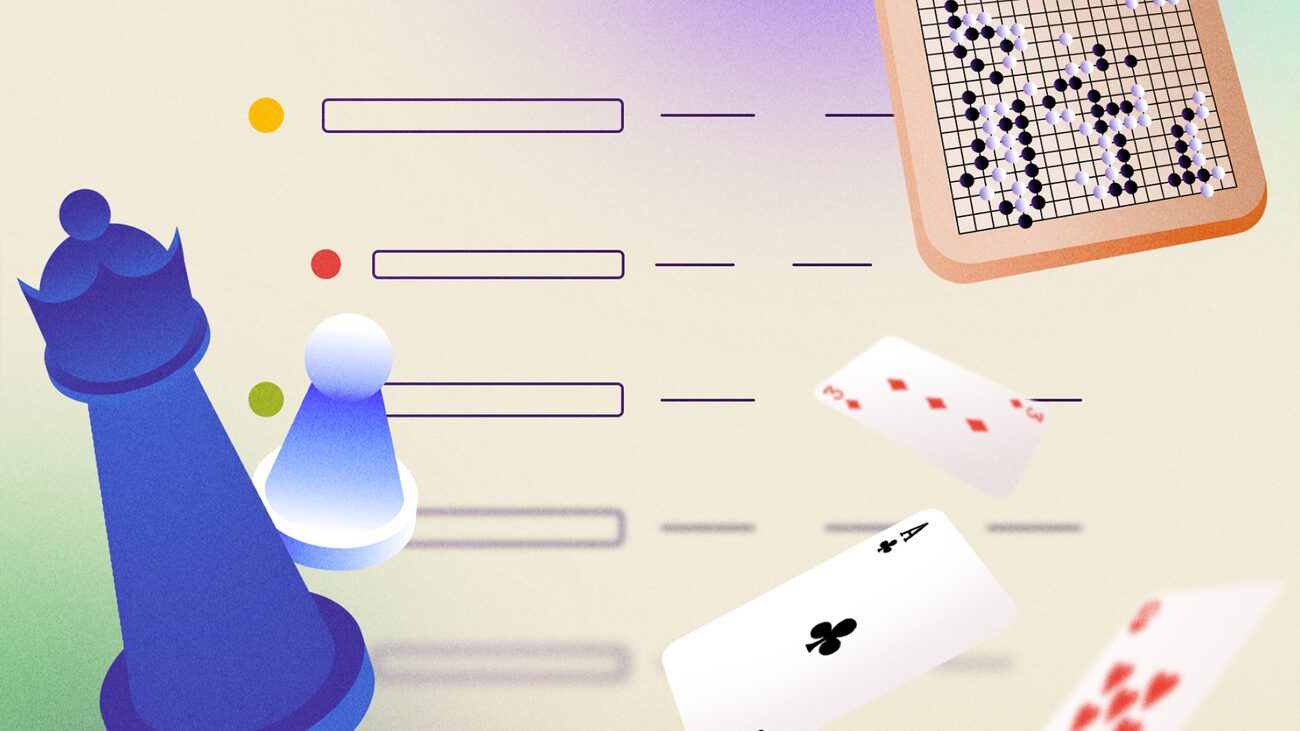The Future of AI Benchmarks: Are They Keeping Up?
Ever wondered if the benchmarks we use to evaluate AI are actually measuring something meaningful? Well, you’re not alone! Current AI benchmarks are struggling to keep pace with modern models, and it’s a conversation worth having. Let’s break this down because understanding AI isn’t just for techies—it’s something we should all care about.
The Benchmarking Dilemma
So, here’s the deal: AI models are getting pretty darn good at a lot of tasks. They’re like that overachieving student who memorizes everything for exams but might not truly understand the subject. As these models approach 100% on specific benchmarks, it raises the question—are they genuinely solving problems, or just regurgitating information they’ve already seen?
Imagine sitting in a classroom where everyone’s scores are perfect, but nobody can really talk about the material. Makes you wonder about the actual value of those tests, right? That’s where benchmarking falls flat; it stops offering real insights as models churn out perfect scores.
To address this, we’re investing in more challenging benchmarks, but it’s a tricky path. If you think about it, reaching general intelligence isn’t just a numbers game; we need fresh, nuanced ways to gauge real performance.
Enter Dynamic, Human-Judged Testing
While we’re pushing to innovate existing benchmarks, a fascinating shift is underway—dynamic, human-judged testing. However, let’s face it, relying on human input brings its own set of headaches. Here lies the inherent subjectivity that comes with personal preferences. It’s kind of like asking someone to pick their favorite pizza topping; you’ll get a million different answers, but which is really the best?
Still, making benchmarks more dynamic means we might capture something closer to real-world applicability. Just think about how we gauge intelligence in ourselves—we don’t just check off a list of accomplishments; we weave stories and experiences into our understanding. That nuance is what we’re hoping to achieve in AI benchmarks too.
Introducing the Kaggle Game Arena
Now, here’s the exciting part. We’re thrilled to announce the launch of the Kaggle Game Arena. This isn’t just another run-of-the-mill benchmarking platform; it’s where AI models go head-to-head in competitive strategic games. Picture a chess match, but instead of two players, it’s our best models squaring off.
This innovative arena provides a verifiable and dynamic way to measure their capabilities. Not only do we get to see how they stack up against one another, but we also get a glimpse into their decision-making skills in real-time. No more rote memorization—this is where the rubber meets the road!
Why This Matters: Real-World Applications
But why should you care about all this benchmark chatter? The stakes are high! In a world where AI is increasingly integrated into our daily lives—think virtual assistants, automated driving, and even customer service—how we measure AI capabilities becomes critical.
To put it in perspective, consider the impact of a driverless car making split-second decisions. Would you trust that technology if it were only tested through old, irrelevant benchmarks? Probably not. We need these models to operate in a real-world context, not just ace a theoretical test.
Looking Ahead
As we continue to redefine AI benchmarks, let’s not lose sight of our ultimate goal: to develop intelligent systems that genuinely contribute to society. This journey won’t be easy, but it’s one we’re eager to take.
So what’s your take on the evolution of AI benchmarks? Are we on the right path, or is there something else we should be focusing on? Let’s chat in the comments below! Want more insights like this? Stick around; there’s plenty more to explore in the world of AI.
